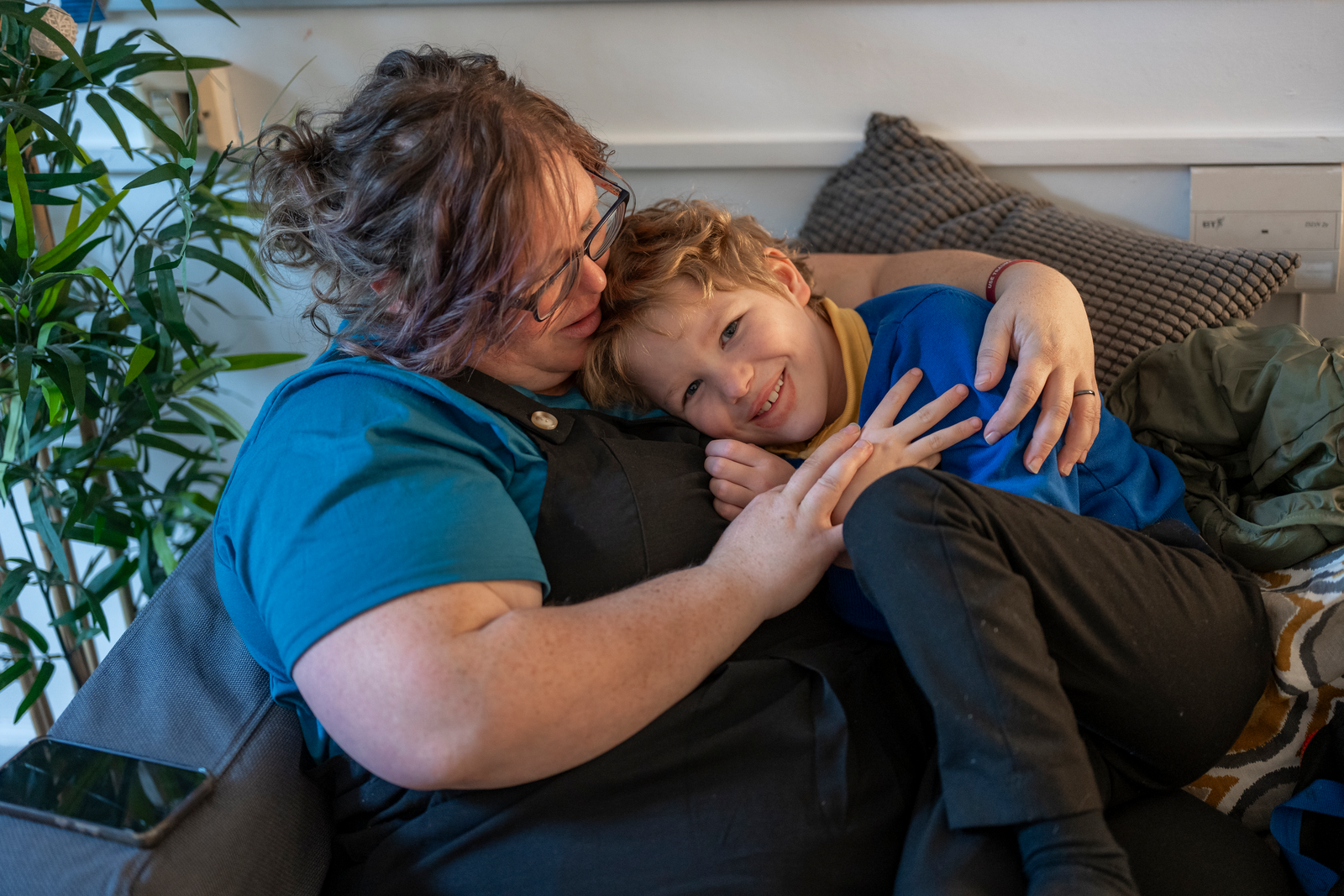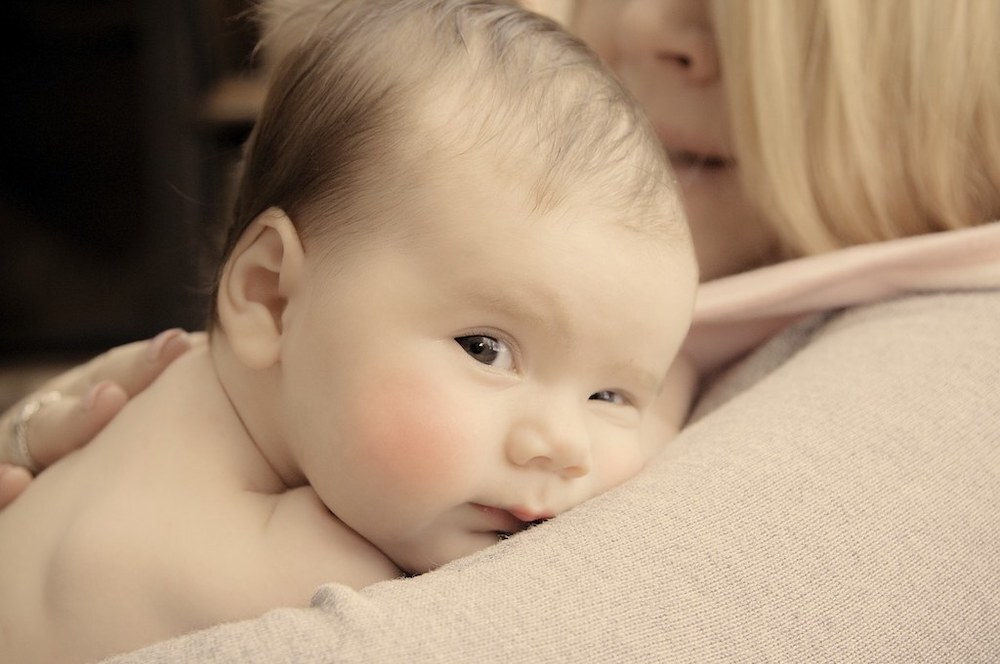
Parents of premature babies get good news about their children’s ability to interact socially

Early childhood development, Jennifer Brown Research Laboratory
Research by the Jennifer Brown Research Laboratory - a Theirworld initiative - shows that although they have difficulties as infants, they appear to catch up by the age of five.
Babies who are born prematurely can experience difficulties with social interaction as infants. But research now shows that, by the age of five, they appear to catch up with children born at full term.
The study was carried out by the Jennifer Brown Research Laboratory – a Theirworld initiative hosted by the MRC Centre for Reproductive Health at the University of Edinburgh.
Led by Dr Bethan Dean, it used eye-tracking technology and parent-child play to examine pre-term babies and their social cognition – a term used to describe the mental processes that we all use to understand other people and social situations.
It was already known that nine-month-old babies pay less attention to the social content of pictures, which the laboratory team could detect using eye-tracking technology. The study – published in the journal Infant and Child Development – set out to find if these differences continued throughout childhood and if they affected the ability of premature children to play with their parents.
The team worked with children aged five from the Theirworld Edinburgh Birth Cohort, which is following 400 young people from infancy to adulthood. They were shown pictures containing social and non-social information and an eye-tracker recorded where they were looking. Parent and child play was also filmed to analyse the child’s social interactional ability.
The study found that differences in looking patterns previously seen between children born preterm and those born on time had resolved at age five. It also found no differences between the children in the complexity of their social interaction during play.
James Boardman, Professor of Neonatal Medicine at the MRC Centre for Reproductive Health, said: “This is excellent news for parents of preterm children.
“The question remains as to whether and how the atypical social cognitive profile in infants predicts learning ability or other aspects of social interactions that we know can be challenging for some children who are born too early.”
The Jennifer Brown Research Laboratory has also had a second research paper published this month. The study produced a model that could potentially enable the identification of preterm children at risk of language problems who may benefit from targeted early interventions.
Led by Dr Evi Valavani and Dr Thanasis Tsanas, it was published in the journal Pediatric Research.
More news

